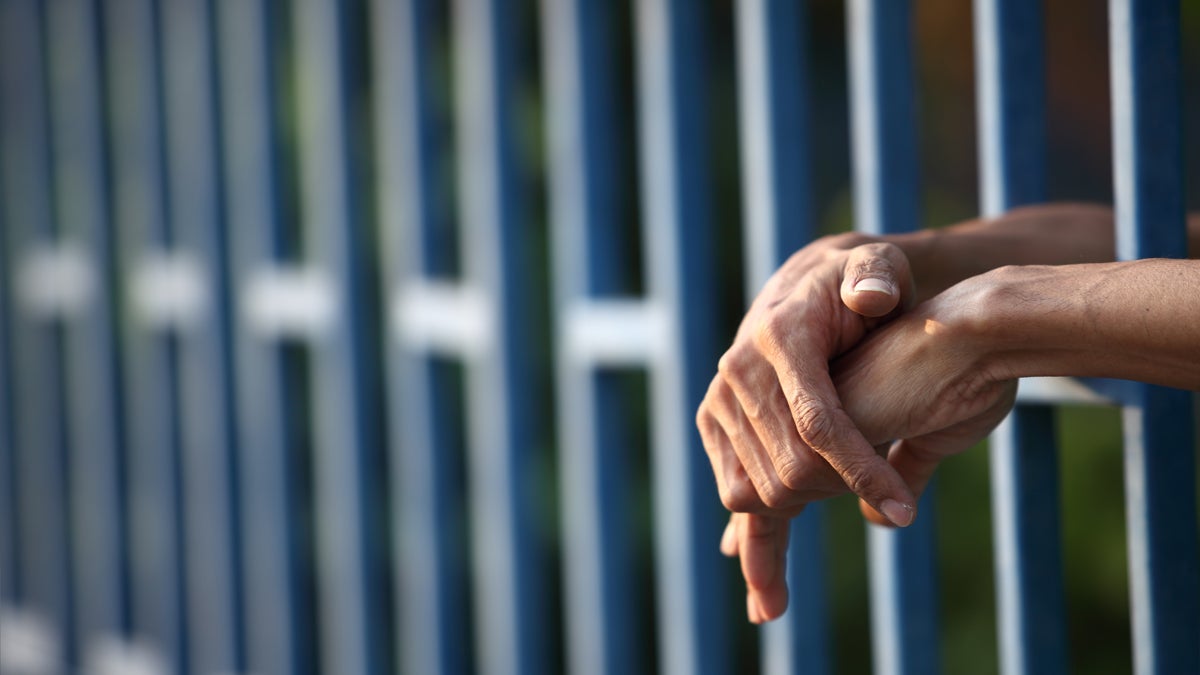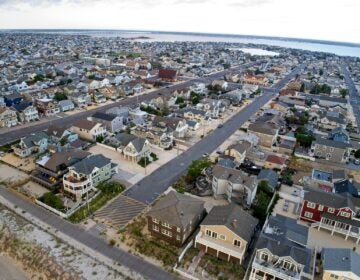ACLU: Blacks arrested 6 times more than whites for minor crimes in Millville, N.J.

(Image courtesy of Shutterstock.com)
In recent years, blacks have been 6.2 times more likely than whites to be arrested for low-level crimes in Millville, New Jersey.
In 2013, Latinos were 6.3 times more likely to be nabbed for marijuana possession in the Cumberland County city and 2.1 times more likely to face arrest for disorderly conduct.
Those are some of the statistics uncovered by the American Civil Liberties Union of New Jersey in a new report showing racial disparities in arrests for low-level crimes in four New Jersey municipalities.
It is a trend, according to ACLU-NJ, that has a disproportionate and harmful impact on minority communities in some of the state’s most populated areas.
“The human cost of these arrests and convictions can include having to pay court costs and fines; criminal records that follow individuals for the rest of their lives; and the loss of income, housing, child custody, or immigration status,” the report said. “In extreme cases, a confrontation with police over a low-level offense can escalate into an episode of violence.”
The ACLU-NJ examined the demographic breakdown of arrests for marijuana possession, disorderly conduct, defiant trespass, and loitering in Millville, New Brunswick, Elizabeth, and Jersey City from 2003-2012.
It found that blacks were on average 3.2 to 5.7 times more likely to be arrested for those crimes than whites. Although police departments did not uniformly collect data on the Hispanic population, similar disparities existed for Latinos in some cases while no disparities were there in others.
“The report tells us something that communities of color in New Jersey have known for a long time, which is that black and Latino people in cities across New Jersey are arrested for minor misbehavior at a rate significantly higher than their white counterparts,” said Ari Rosmarin, public policy director of the ACLU-NJ.
In Millville, the only South Jersey city included in the study, the gap was wider than average.
“Of the cities we studied, overall Millville had the highest disparity over the study period,” said Rosmarin.
While blacks made up only 20 percent of the population of Millville during the study period, they accounted for 57 percent of the arrests for those four crimes, according to the ACLU-NJ.
The numbers even got the attention of Cumberland County prosecutor Jennifer Webb-McRae, who vowed to review the ACLU-NJ report but did not blame the current police chief who took the job only recently, according to the Daily Journal.
“We are a county that is low income, we have high poverty, we have a crime issue. We are on a lot of the wrong lists” said Cumberland County freeholder director Joe Derella.
“But the one list that this county is at the top of is that we identify our problems, we don’t run away from them, and we really come together to try to find a consensus on how we can solve and overcome those challenges.”
Derella said Cumberland County had already been working to bridge the racial gap in policing in recent years by putting county and local officers through sensitivity training.
But the racial disparities detailed in the report were not limited to South Jersey. Over the study period, blacks were 4.8 times more likely than whites to be arrested for the selected low-level crimes in Jersey City, 3.6 times more likely in Elizabeth, and 3.2 times more likely in New Brunswick.
The ACLU-NJ also found that state and local law enforcement agencies routinely compiled data on arrests in an incomplete or substandard way, especially when it came to arrests of Latinos.
“The collection of arrest data by New Jersey police departments is a mess,” said Rosmarin.
In light of the findings, the group recommended several state and local law enforcement reforms, including an investigation of the racial disparities in arrests for low-level crimes and the passage of anti-racial profiling laws, as well as an overhaul of how crime statistics are collected.
The ACLU-NJ decided to look into the issue after a 2013 report showed that black New Jerseyans were almost three times as likely as whites to be arrested for marijuana possession, despite federal data showing both groups using the drug at similar rates.
WHYY is your source for fact-based, in-depth journalism and information. As a nonprofit organization, we rely on financial support from readers like you. Please give today.




